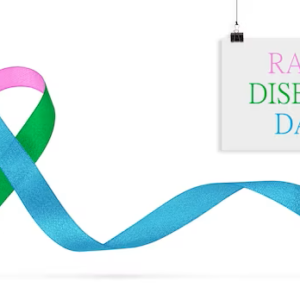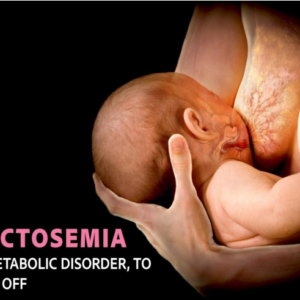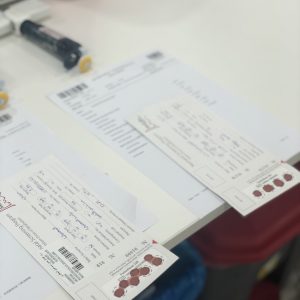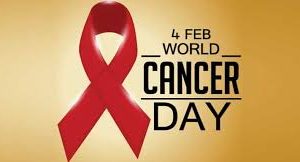World Rare Disease Day – Reflecting on the Collective Efforts On February 29th, 2024, the Zahra Beau Welfare Foundation (ZBWF) and the Health Services Academy (HSA) came together in a remarkable collaboration to celebrate World Rare Disease Day. This joint effort aimed to shed light on the often-overlooked challenges faced by individuals living with...










